
Is it Clean Beauty or Greenwashing?
When you go online shopping or scroll through your Instagram feed these days, chances are, you'll tend to see #cleanbeauty. From skincare to personal care products to makeup, the "clean beauty" industry is becoming a big thing and it's predicted to keep growing. But what does "clean beauty" mean exactly, and how and why should you need to make the switch?
What does "clean beauty" really mean?
"Clean beauty" generally refers to skincare, make-up, and personal care products that are formulated with natural, botanically derived ingredients and formulated without toxic or questionable ingredients that can have a negative impact on our health and the environment. Clean beauty is also often used interchangeably with terms like “natural,” “organic,” “safe,” or “green beauty.”

It's good to know that today's beauty customers are engaged in the products they buy in ways the industry has never seen before. According to Formula Botanica, “The global natural cosmetics market is estimated to be worth $36bn in 2019 and is now predicted to grow to $54bn by 2027.” Meaning these clean beauty customers are not only mainstream but are also needing transparency about what's in the formulas of their everyday products. This new generation is more mindful of the ingredients used, how they're sourced, if they're sustainable and whether or not they're gentle on the planet.
The dirty truth about conventional personal care products

The clean beauty movement started in response to the secrecy and toxicity of the conventional personal care market. Ingredient lists for conventional personal care products can contain words like "methylparaben" or "SLS", and the like. Many of us assume these ingredients are safe simply because they're a popular brand or the best-seller on the shelf. But as we learn more about the long-term side effects of common preservatives, foaming agents, and fragrances in these conventional beauty products, and learn about the negative impact it has on our health. Our skin is the largest part of our body and everything we apply on it will eventually be absorbed through the bloodstream.
What is greenwashing? And how to spot (and avoid) it?
The clean beauty industry is booming and since money talks, everyone is starting to jump on this bandwagon by “greenwashing” their products—that is, using marketing terms like “natural” or “chemical-free” to fool buyers into believing their ingredients are much more “clean” than they actually are. "For example, a product just has to contain 1% organic ingredients, and you can call it organic! Even if it's loaded with pesticides in the other 99%." This effect has been dubbed "greenwashing" - concealing murky, un-environmentally friendly practices while ostensibly claiming to be "natural".

In order to know when you might be seeing greenwashing, it's important to decide for yourself what you consider acceptable in your beauty products. Be sure to do your own research and look into the products you are using, and ensure that they are formulated with quality ingredients that are safe and preferably ethically sourced.
You can also look for the COSMOS logo. The Soil Association works with COSMOS to establish global standards for the beauty market, and give can brand a seal of approval. The COSMOS Organic Certification means a product has at least 95% organic ingredients, ensures protection for vulnerable plants, and is cruelty and GM-free, among other things.

How to start clean beauty swaps now
There's no need to toss out all the products that don't fall in the clean beauty category on your shelf and immediately begin anew. Not only is it expensive but it can also make you feel defeated.
First, start replacing your body moisturizer. Because your body has the largest surface area. Look for a moisturizer without the toxic ingredients so you won’t have to worry about what your skin is absorbing.
Next, make the switch to natural deodorant. This is necessary as it is applied where your delicate lymph nodes and breast tissue converge. You can try Coconut Matter’s Deodorant Sticks or Zeroyet100’s Deo Spray.

Finally, swap out your foaming face wash and mineral oil-based cream and replace with plant-based ingredients that are truly clean—and pay attention to what that means for each brand.
KIRR is helping you make the swap easier with our Spring Sale Bundles that are 20% off right now. It includes trusted clean beauty brands: Esse, Pura Botanicals, and Erbaviva that will help you get healthier and beautiful skin that isn’t hard on the pocket, won’t compromise health and are also good for the planet.

The clean beauty movement has shown itself to be a great reminder to be aware of what we are putting on our bodies and faces. What matters most is that you make sure what you are using is compatible and safe for your skin type and needs, regardless of what is deemed ‘natural’ or ‘synthetic’.
The most important thing is to make sure what you are using is compatible and safe for your skin type and needs, regardless of what is deemed ‘natural’ or ‘synthetic.’
Let us know, what do you think about the clean beauty industry?
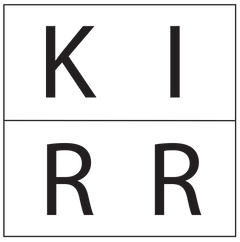
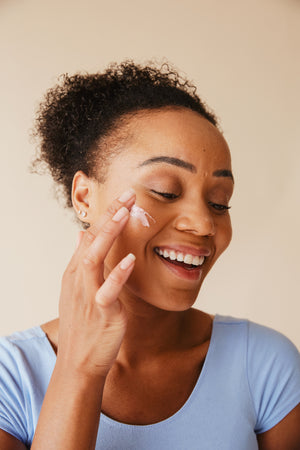
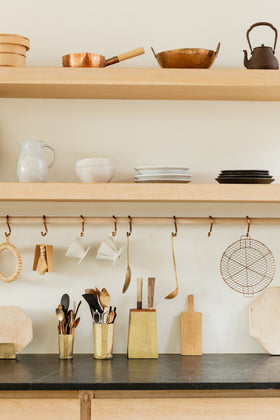
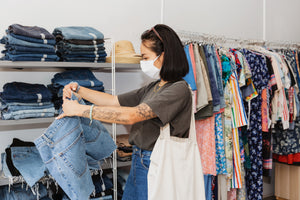
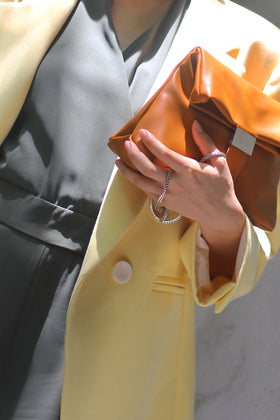
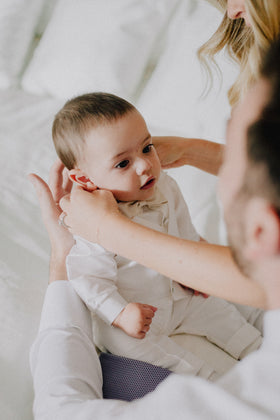
Leave a comment